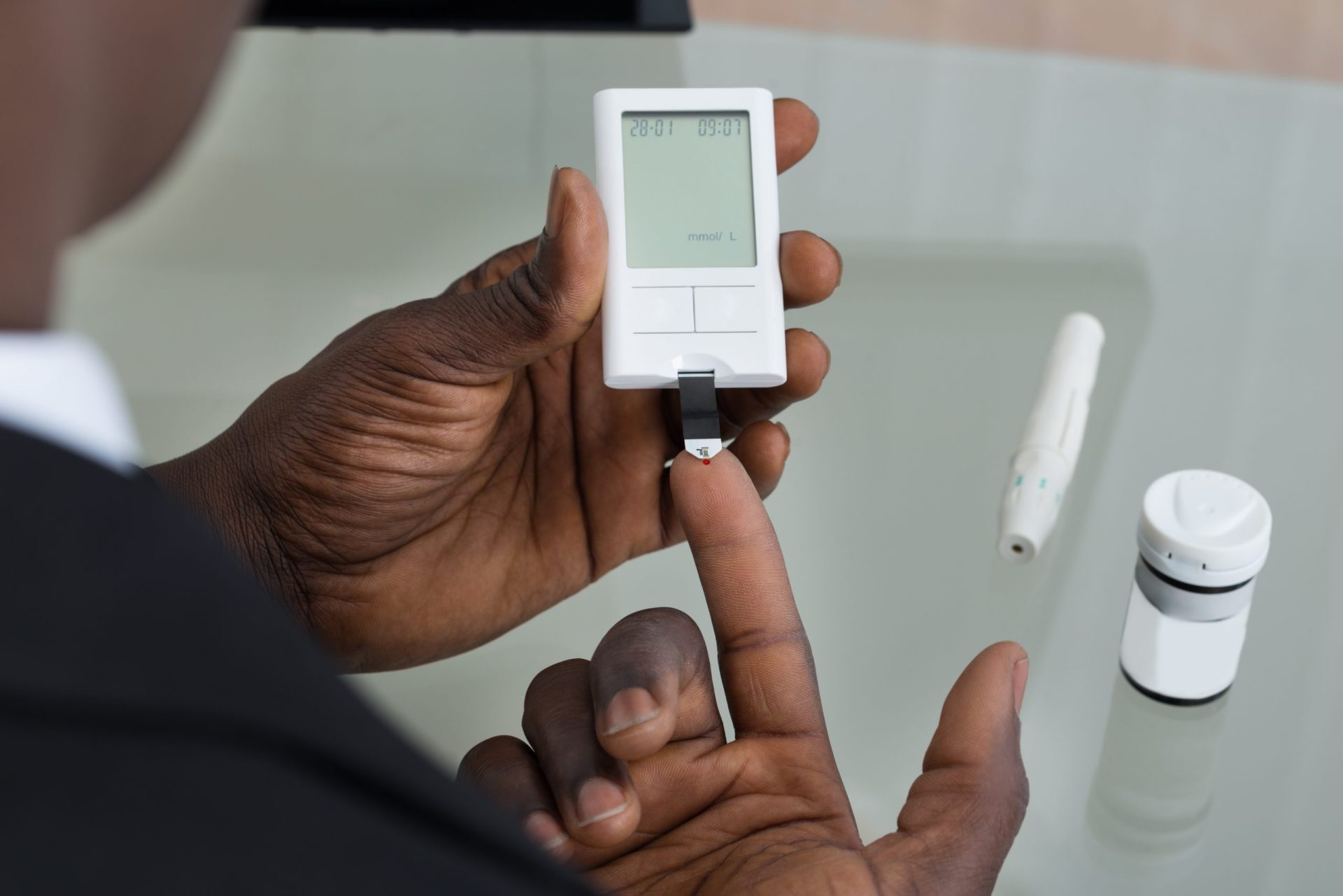 The coronavirus has been linked to 49 infections resulting in 27 deaths. Dr. Margaret Chan, director of the World Health Organization, warns that it’s “a threat to the entire world.”
The coronavirus has been linked to 49 infections resulting in 27 deaths. Dr. Margaret Chan, director of the World Health Organization, warns that it’s “a threat to the entire world.”
She continues during her address to the 66th World Assembly in Geneva, Switzerland, It “is not a problem that any single affected country can keep to itself or manage all by itself.”
Coronaviruses cause illnesses ranging from the common cold to SARS, or Severe Acute Respiratory Syndrome. Previously called the novel coronavirus, or nCoV, the WHO renamed it: Middle East respiratory syndrome coronavirus, or MERS-CoV.The virus acts like a cold and attacks the respiratory system, according to the Centers for Disease Control and Prevention (CDC). Symptoms, include severe fever and a cough that can lead to pneumonia and kidney failure. Gastrointestinal symptoms such as diarrhea have also been reported.
MERS-CoV has been detected in humans in eight countries: Saudi Arabia, Jordan, Qatar, the United Arab Emirates, France, Germany, Tunisia and the United Kingdom.
In a travel notice, the CDC recommends that “U.S. travelers to countries in or near the Arabian Peninsula monitor their health and see a doctor right away if they develop fever and symptoms of lower respiratory illness, such as cough or shortness of breath. They should tell the doctor about their recent travel.”
In addition, those who traveled to the Middle East should see their health care provider if they develop a fever and respiratory symptoms such as a cough or shortness of breath within 10 days of returning from the Arabian Peninsula or surrounding nations, according to the CDC.
Presently, there are no treatments and no vaccine















